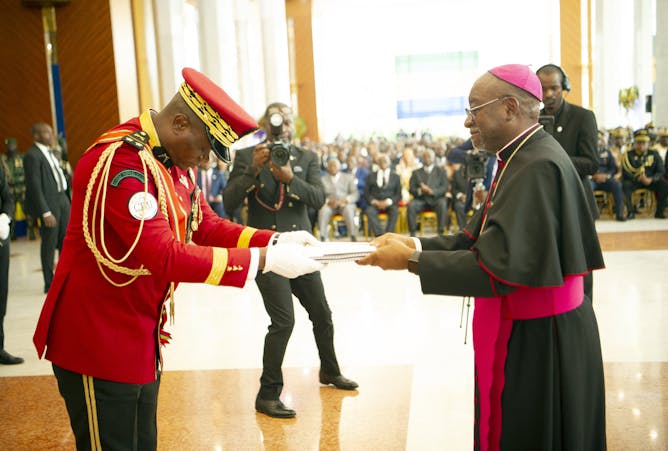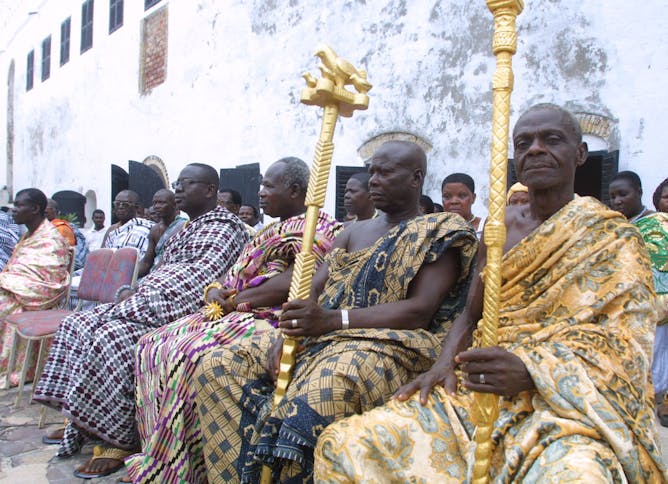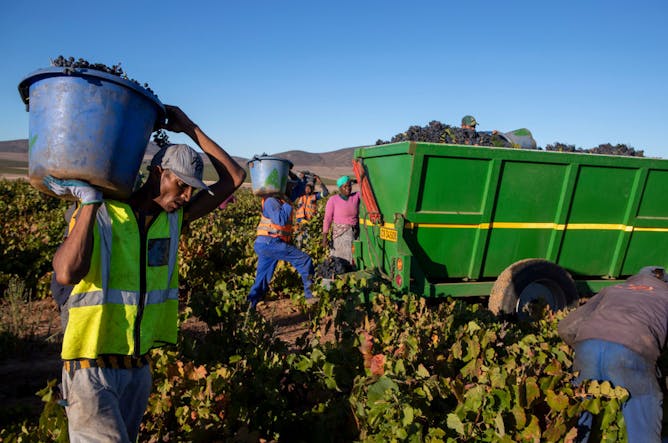|
An ice age almost one million years ago led to a meeting between leopards from central and southern Africa while they searched for warm lands to hunt in. They started breeding and now, reveals molecular ecologist Laura Tensen, a new DNA study has shown that the descendants of these two groups are the leopards found today in South Africa’s Mpumalanga province. This finding is important for maintaining the genetic diversity of today’s leopards, which will allow them to beat disease in years to come.
Gabon recently concluded a national dialogue aimed at charting a path back to democratic rule. Since a coup in 2023 removed Ali Bongo Ondimba from office, ending the Bongo dynasty’s 56-year hold on power, Gabon has been under a military junta. Douglas Yates warns that the coup leader, General Brice Oligui Nguema, risks ending up as the country’s third autocratic leader if he fails to generate economic growth and hand over power to a civilian.
If you haven’t done so yet, please support our annual donations drive and contribute to developing journalism that you can trust.
Donate now
|

Laura Tensen, University of Copenhagen
Research exploring how leopards evolved has found that South African leopards are descended from an ice age a million years ago.
|

Douglas Yates, American Graduate School in Paris (AGS)
Gabon’s military ruler risks becoming the country’s third autocratic leader if he fails to generate economic growth and return the country to democratic paths.
|

Vladimir Chlouba, University of Richmond
Traditional institutions represent, for many African citizens, the most immediate form of governance.
|

Ihsaan Bassier, London School of Economics and Political Science; Vimal Ranchhod, University of Cape Town
The study provides reason for optimism about the effects of minimum wage policies on poverty.
|
From our international editions
|
-
Lewis Eves, University of Sheffield
The Chinese Communist Party has inadvertently given the country’s nationalist movement influence that it’s struggling to contain.
-
Derek Lemoine, University of Arizona
Option price swings show how much traders believe seasonal climate and weather matters for all sorts of industries, not just the ones you might expect.
-
Marco Adria, University of Alberta
The metaverse will soon become a prime destination for those seeking online religious experiences.
-
Daouda Coulibaly, EDC Paris Business School
The members of the Society for Ambience and Elegance (Sape) are impossible to overlook. Born in Central Africa at the beginning of the 20th century, the style is now found from Paris to Dubai.
|
|